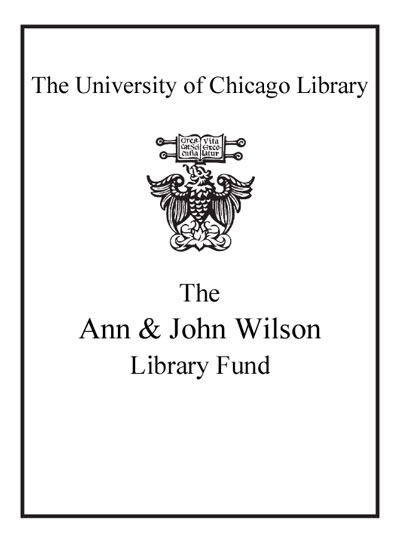Review by Choice Review
In a 1980 essay on central Europe, Timothy Garton Ash observed that central Europeans are the "Europeans who ... know what it is really about and we can learn from them." It is "the kingdom of the spirit." Kavaliauskas's work should be read with Garton Ash's words in mind; it underscores that central Europe is still unique in so many ways. A major strength of the book is that Kavaliauskas (a Lithuanian) brings the Baltic states very much back into the discourse about central Europe. There is more to central Europe than Poland, the Czech Republic, Hungary, and the Balkans. However, this is basically a series of essays on culture, memory, history, identity, and philosophy; it is not a social science analysis of "stages of transition and consolidated democratization," but rather thoughtful and learned reflections on a profound historical moment of a region still caught between East (Russia) and West. The transition and transformations are still not complete. Having achieved a "negative freedom," can central Europe make positive use of the freedom that it gained in 1989? From the Pink Tank case to profound questions of memory, readers can still learn from Kavaliauskas's reflections. Summing Up: Recommended. Graduate, research, and professional collections. H. Steck SUNY College at Cortland
Copyright American Library Association, used with permission.
Review by Choice Review

